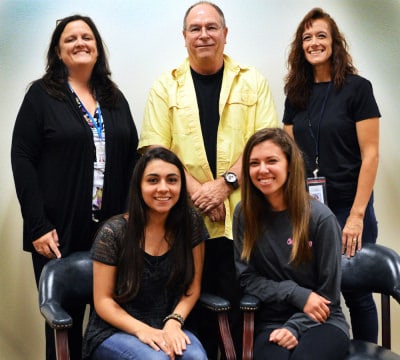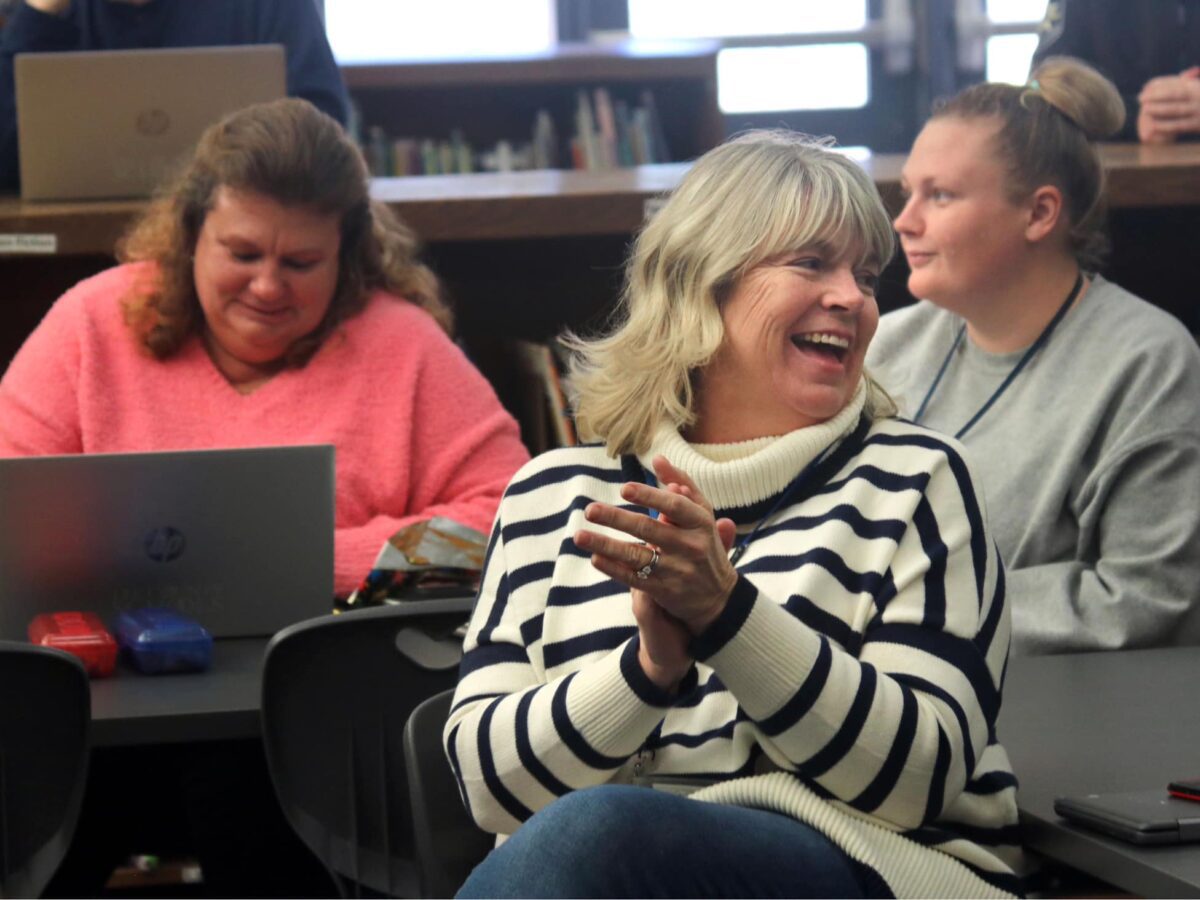
Share this story
- As of last year, the Lee County Education Foundation officially donated more than $1 million to Lee County Schools since it was founded 20 years ago. Here's a look at some of the foundation's work, including teacher incentive and soft skills programs.
- “We’re a private foundation existing solely to prop up and help boost student performance in Lee County,” one board member said. “We’re collaborating with other funding organizations to create more opportunities for Lee County students."
|
|
The Lee County Education Foundation (LCEF) reached an important milestone during the 2021-22 school year — officially donating more than $1 million to Lee County Schools since the foundation began its work 20 years ago.
The foundation — comprised of local business and community leaders since its founding in 2003 — aims to to support innovative, research-based education programs in Lee County Schools, with a special focus on improving literacy.
“We felt like the business community in concert with the educational community and the philanthropic community could come together and and make some things better for our students in public schools,” said Dennis Wicker, a founding member of the foundation.
Wicker also formerly served as North Carolina’s lieutenant governor from 1993-2002, under former Democratic Gov. Jim Hunt, known among many as “the education governor.”
“One of the things that I promised our board when we were putting this all together is that we would try to keep politics out of the foundation — and we’ve done a pretty good job of that,” Wicker told EdNC. “All we are going to do is focused on whatever it takes to enhance the performance of our kids.”
Sign up for the EdWeekly, a Friday roundup of the most important education news of the week.
The foundation’s flagship program, Head of Class, celebrates the district’s top-performing elementary school each year, using a matrix that accounts for both test scores and growth. The “top” elementary school is then awarded $50,000, to be split amongst all the employees and staff at the school.
Through that program alone, the foundation has awarded more than $500,000 to Lee County elementary schools.
“I think more than even the money for the school, that (teachers) know that the business community, which is sort of who we represent, recognizes the fact that what they’re doing is important,” LCEF Chairman Susan Keller said.
The foundation is also expanding in several ways. Last spring, the foundation partnered with the school district and the The Boys & Girls Club of Central Carolina to offer the Durable School Project, which offered mentoring and programming to middle schoolers across the county. And this fall, LCEF officially launched the Temple Sloan Lee County Teaching Fellows Program, a forgivable loan for up to $36,000 over eight semesters, for education students who return to Lee County to teach for at least four years.
Taken together, foundation board member Bill Horner III said these opportunities reflect the foundation’s unique impact on public schools in Lee County.
“We’re a private foundation existing solely to prop up and help boost student performance in Lee County,” Horner said. “And we’re collaborating with other funding organizations to create more opportunities for Lee County students to help them perform better. … Everybody wants our schools to be better and perform better.”
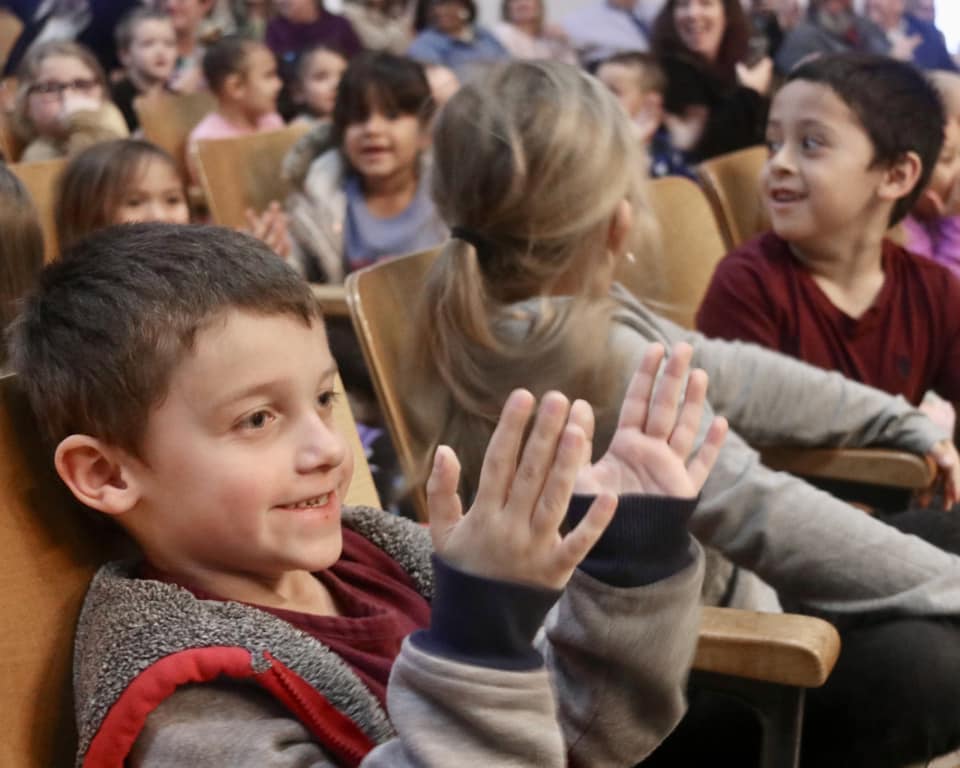
Durable Skills Project
Lee County Schools has 9,207 students across 16 schools, according to Public School Review data. Minority students make up about 65% of the student body, which is more than North Carolina’s public school average of 55%.
The district’s graduation rate — 87% — is in the top 50% in the state, while its test scores rank in the bottom half. Keller said the foundation aims to partner with Lee County Schools to continually increase proficiency and decrease school drop-out rates.
“A lot of the focus is education for the sake of good education, but also looking at it from an economic development perspective,” she said. “Because (our schools) need to be supported, but also because a lot of the community is really growing, the businesses are growing, and a good education system is a really big piece of the puzzle of effective economic development.”
During the pandemic, foundation members began hearing among local educators about the loss of soft skills among many students following remote learning. Keller began brainstorming for a program that could address such an issue, specifically at the middle school level. The foundation believed that increasing soft skills could increase other skills, too.
Those conversations resulted in the Durable Skills Project, a collaborative effort with Lee County Schools, the Boys & Girls Clubs of Central Carolina, and Sanford’s First Bank. Project programming, which concluded in May, focused on communication, leadership, and goal-setting at Lee County’s three middle schools, with 120 students participating in over 14 club-facilitated sessions.
The foundation secured funding for the project this year, and is hoping to continue the project moving forward.
“That’s just been a really high impact program for us,” Keller said.
Initial data from the program suggests a significant positive impact:
- Year-over-year absences among the participating students dropped 24%.
- The number of classes failed declined by 21%.
- Suspensions related to behavior also decreased, and student classroom engagement went up — with 83% of participating students rating the program as “impactful” or “very impactful.”
“A national study showed that if kids learn durable skills in grades six through eight, there was a big drop in dropout rate in the high school years,” Wicker said. “So we believe we’re on to something in Lee County.”
In the future, Keller hopes that foundations can communicate more closely to share ideas such as the Head of Class or Durable Skills projects.
“The monies spent to work with these students through the Durable Skills Project are considerably less that the monies spent when students experience behavior issues, drop out of school early, or worse, end up in trouble with the law,” she said in a LCEF release. “Building up our most vulnerable allows school staff and even other students to work more effectively and therefore helps all students and our larger Lee County community excel.”
The foundation operates with a board and board chair, rather than with an executive director. That means finding the right partners to make their ideas happen is crucial, Keller said.
Interim Lee County Schools Superintendent Dr. Chris Dossenbach described the support provided to the middle school students through the durable skills project as “invaluable.”
“Community partnerships like these are the cornerstone of our school system’s success, empowering our students to develop essential skills for a promising future,” he said in the release. “Together, with the help of the Boys and Girls Club, we are fostering a community where education thrives and dreams are realized.”
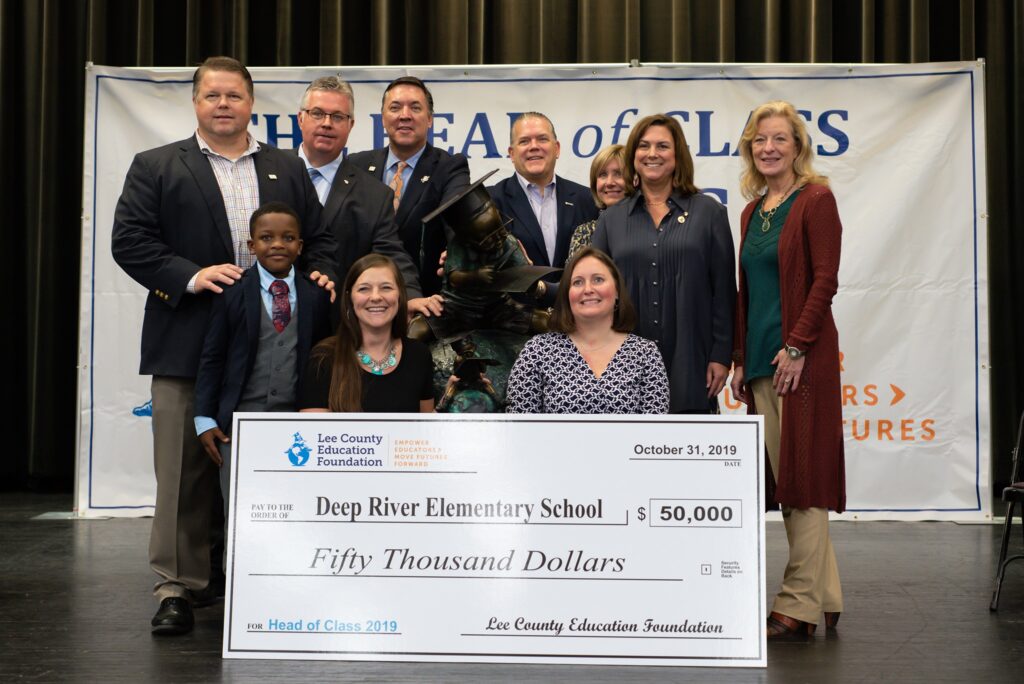
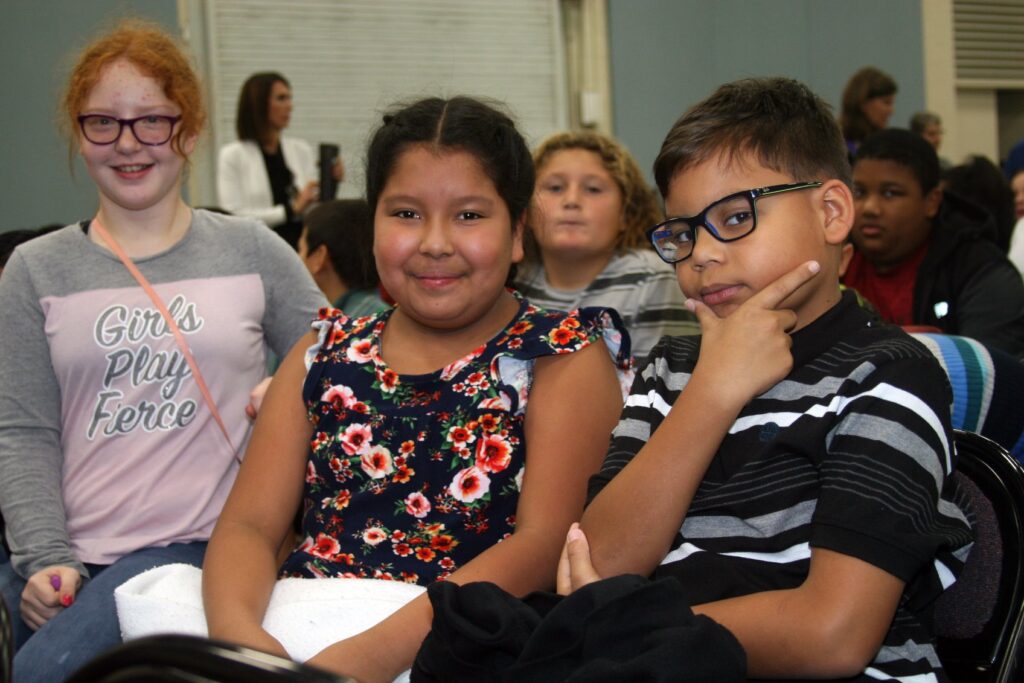
Lee Teaching Fellows Program
Empowering teachers is just as important to the foundation as empowering students. When teachers are empowered, foundation leadership believes, they are best positioned to better empower and support their students.
Last year, using funds from the Worthy Lands Trust, the foundation awarded elementary school teaching teams in Lee County whose students showed “exceptional success and growth in the 2021-22 school year.”
The inaugural McSwain Team Teacher Awards were presented to 10 Lee County elementary teaching teams last November, including reading, science, and math teams. The winning teams were chosen using Lee County Schools data, including student proficiency and growth.
The foundation has also launched the Temple Sloan Lee County Teaching Fellows Program this fall — offering up to a $36,000 scholarship over eight semesters to eligible Lee County students who pursue an education degree and agree to return to teach in Lee County for four years.
Students must plan to attend Central Carolina Community College and/or another North Carolina public university to be eligible for the program. This year’s application closes on Feb. 15, and the two Sloan Scholars will be announced on April 30. Learn more on LCEF’s website.
In addition to $4,500 per semester in scholarship funds, the program will also include partnerships with teaching mentors, summer programming, and a variety of activities designed to engage the fellows with the school district.
“I’m so excited,” Keller said. “I was a teaching fellow way back in the day.”
The North Carolina Teaching Fellows Program was created in 1986 to provide scholarships for education students who agreed to teach in North Carolina for a minimum of four years. The program graduated more than 9,000 teaching fellows, NC Newsline reported in 2015, 64% of whom stayed in North Carolina beyond six years.
In 2011, the Republican-led General Assembly ended the Teaching Fellows program. The program was reinstated on a smaller scale in 2017. Before 2011, students could use the funding at 17 universities across the state. As of this year, students can use the funds at eight colleges — to be expanded to 10 colleges this year, per the new state budget.
Keller, who graduated from UNC-Chapel Hill as a teaching fellow in 1992, said the program was immensely impactful for her.
She hopes the Lee County program will inspire more students to choose the teaching profession, and that the program will eventually lead to a more robust teacher program, in partnership with Lee County Schools and Central Carolina Community College.
“These problems are massive in education, and take millions and millions of dollars and some super smart people to even make a dent in some of the issues that we’re having,” Keller said. “So we’re working to funnel the monies in and to do things with them that we think will impact the community and the students the most with the limited amount of funds that we have. It’s a big challenge for sure, but we are totally excited about these new programs.”
Recommended reading

